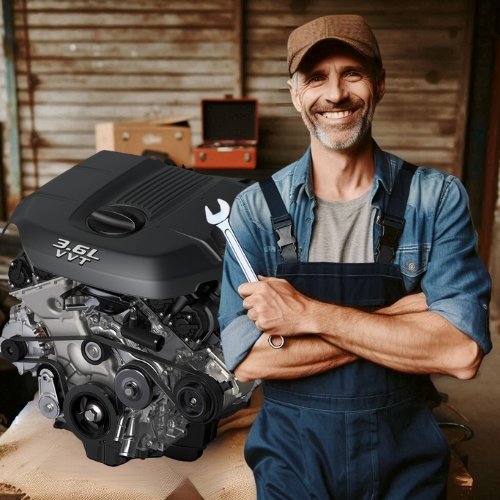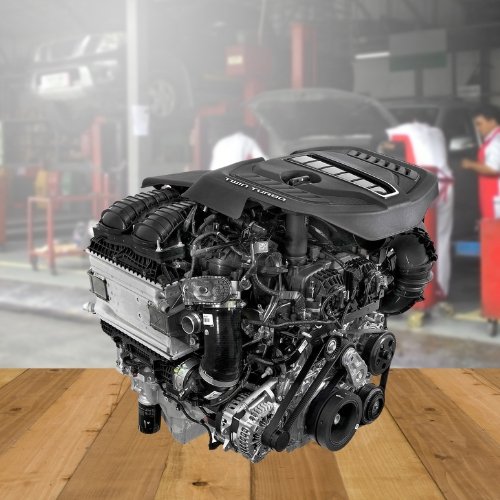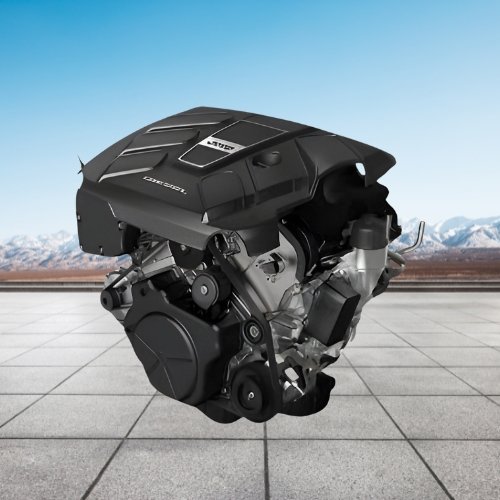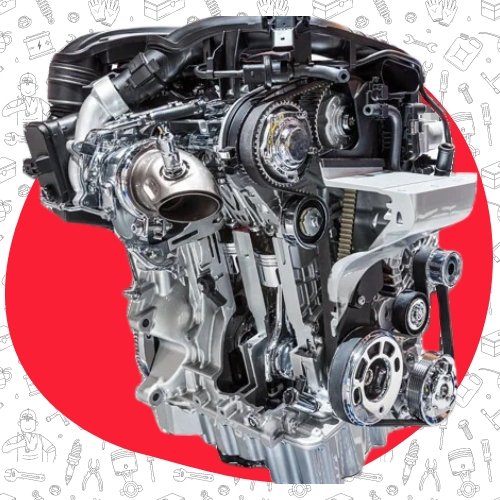Start Your Auto Quote
Used Jeep Engines
USED JEEP ENGINESExploring the market for used Jeep engines demands a comprehensive understanding of the brand's robust heritage and the intricacies of its powertrain offerings. Jeep, synonymous with rugged exploration and off-road capability, presents a rich tapestry of engine choices across its lineup, catering to diverse driving needs and preferences. From the legendary 4.0-liter inline-six engines celebrated for their torquey performance and durability, as seen in models like the Wrangler and Cherokee, to the efficient and capable four-cylinder engines found in vehicles like the Renegade and Compass, Jeep engines embody versatility and reliability. Furthermore, Jeep enthusiasts have long admired the potent V8 engines that have powered iconic models like the Grand Cherokee, delivering a commanding performance both on and off the pavement. These engines offer formidable power and towing capability, making them ideal for adventurous spirits seeking unparalleled performance. However, venturing into the realm of used Jeep engines requires more than just a passing interest; it necessitates a deep dive into each engine's history, condition, and potential for longevity. Conducting thorough research on engine variants, model years, and common issues is essential to making an informed decision. Moreover, inspecting the engine's condition meticulously, and assessing factors such as wear, leaks, and maintenance history, is crucial to ensure reliability and performance.
Additionally, buyers should consider sourcing their used Jeep engines from reputable sellers or dealerships with a track record of selling quality engines. Understanding warranty options, return policies, and post-purchase support can provide added peace of mind and protection against unforeseen issues.
Ultimately, the pursuit of the perfect used Jeep engine is a journey steeped in exploration, requiring a blend of expertise, diligence, and passion. By arming themselves with knowledge and conducting thorough inspections, buyers can embark on this adventure with confidence, knowing they're equipped to find a reliable powertrain that embodies the spirit of Jeep's legendary heritage.





















































